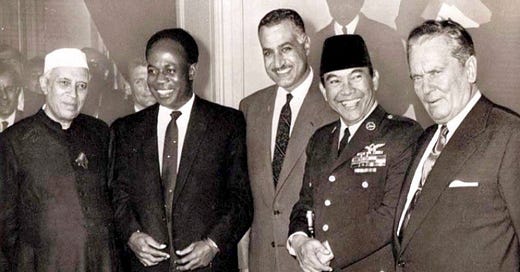In “In the transition to a new civilization: The military confrontation in Ukraine,” published in the website Observatorio de la crisis, Wim Dierckxsens and Walter Formento maintain that there is today a global struggle between what they call “unipolar financial globalism” and “multipolar plurinational pluriversalism.” Dr. Wim Dierckxsens is Coordinator of the International Observatory of the Crisis and is one of the founding members of the Global University for Sustainability. He was born in the Netherlands in 1946 and obtained degrees at Tilburg University, the Sorbonne, and the University of Nijmegen. Walter Formento is Director of CIEPE in Argentina.
My commentary today reviews and reflects on the article by Dierckxsens and Formento.
Russia defends itself against NATO aggression
Dierckxsens and Formento maintain that since 1999 NATO has adopted the objectives of globalist unilateralism, and to this end, it has progressively expanded to the East, incorporating the fo…


